How Effective Are These 5 Different Kinds Of Masks Against Haze?
Just when you thought our masked days were (kinda) over, in comes news of a potential haze. Boo. Hoo.
In a statement on 30 May 2023, Meteorological Service Singapore (MSS) projected the occurrence of El Niño conditions and a positive Indian Ocean Dipole (IOD) in the latter half of 2023. Means what? Means: warmer and drier weather conditions in Singapore and the surrounding region between June and October 2023, thereby raising the likelihood of peatland and vegetation fires, particularly in fire-prone regions, due to prolonged periods of dry weather.
This, in turn, heightens the risk of transboundary haze affecting Singapore if fires emerge nearby and prevailing winds blow the smoke haze towards the city from the southeast or southwest.
Haiz. What to do? Have that mask handy lor. But! Simply wearing a mask over your mouth and nose does not mean that you’ll be properly protected against airborne particles in the haze, and the subsequent respiratory illnesses that may ensue. Long-term exposure to fine PM2.5 particles can cause heart attacks, strokes and chronic respiratory ailments such as asthma, especially in senior citizens and children.
Not sure which mask to choose? Here’s the lowdown on what’s available on the market:
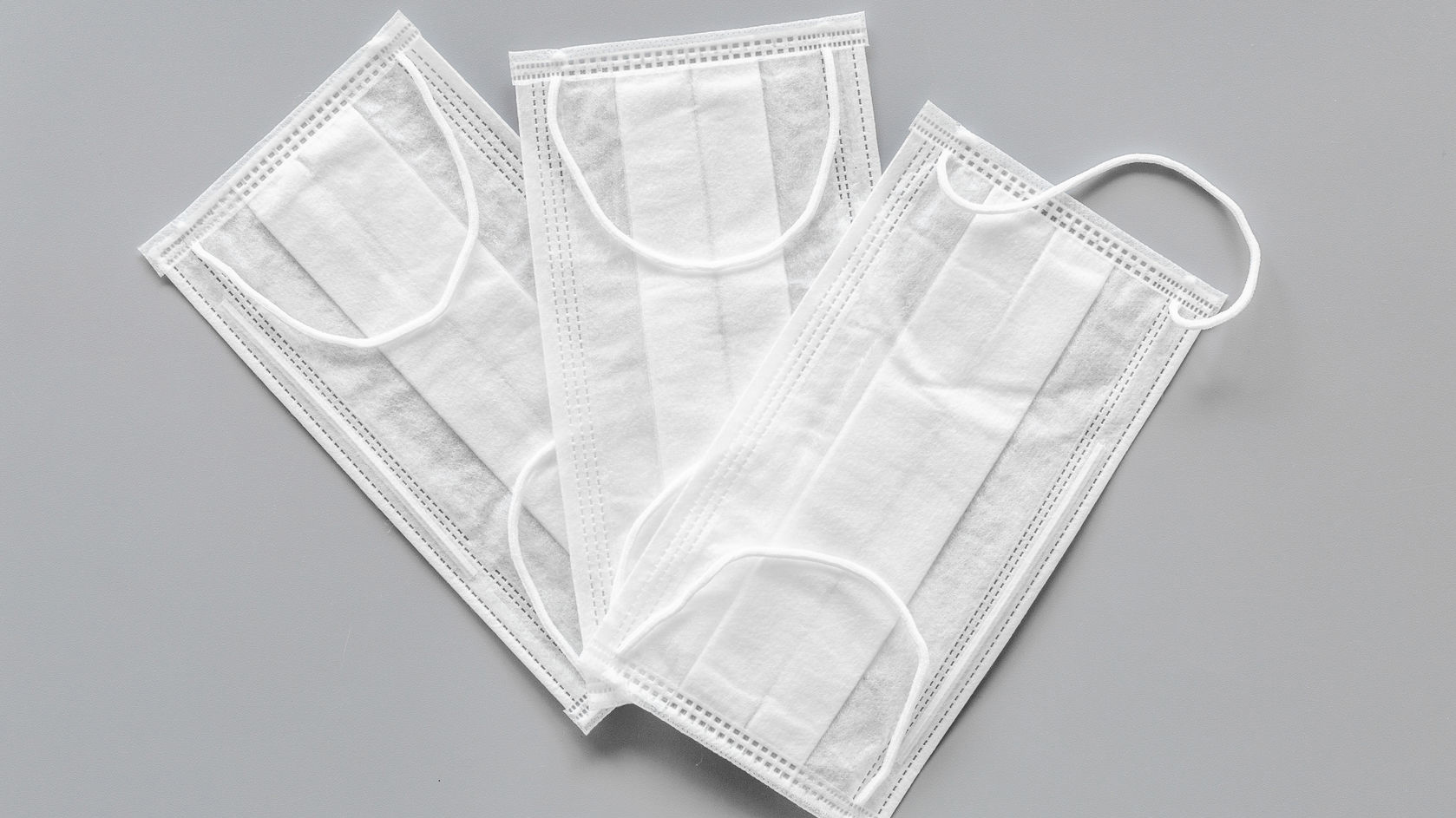
1. Paper or cloth face masks
Face masks only help stop large bacteria and viruses in saliva, mucus and other respiratory secretions from being spread to others in the cases of coughs and sneezes, as they prevent any splatter or droplet from reaching the wearer’s mouth or nose. But since these face masks don’t have an inbuilt filter mechanism that can filter out the small PM2.5 haze particles, they’re not effective at all against the haze, allowing the fine particles to enter the body through breathing, before passing into the lungs and the bloodstream.
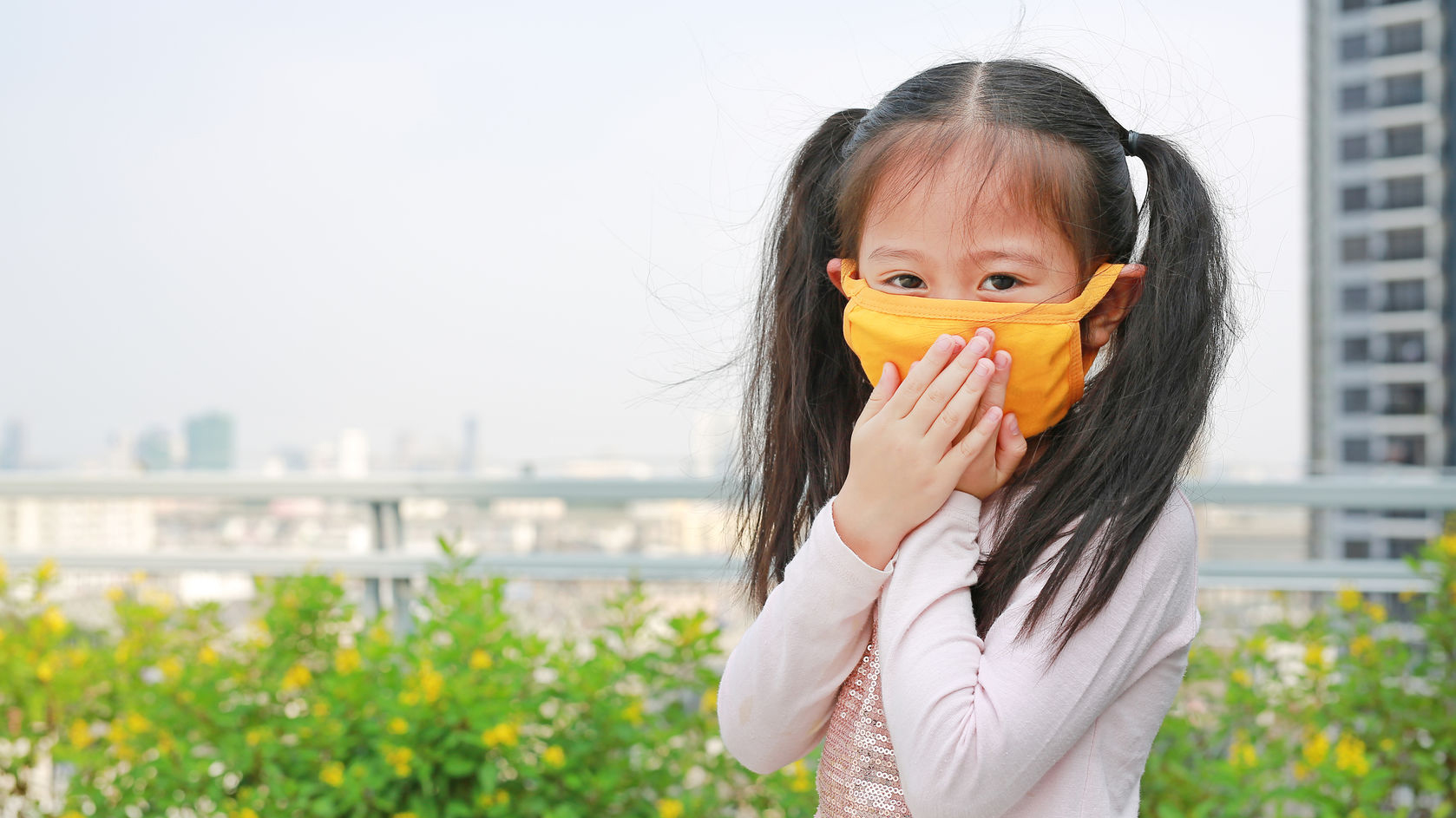
2. Cotton face masks
Although more effective than a handkerchief and although much more comfortable than the N95 haze mask, these cotton face masks only measure up slightly better than surgical masks for haze protection. Some of the latest cotton masks on the market have built-in N95 filters, but their effectiveness has yet to be proven.
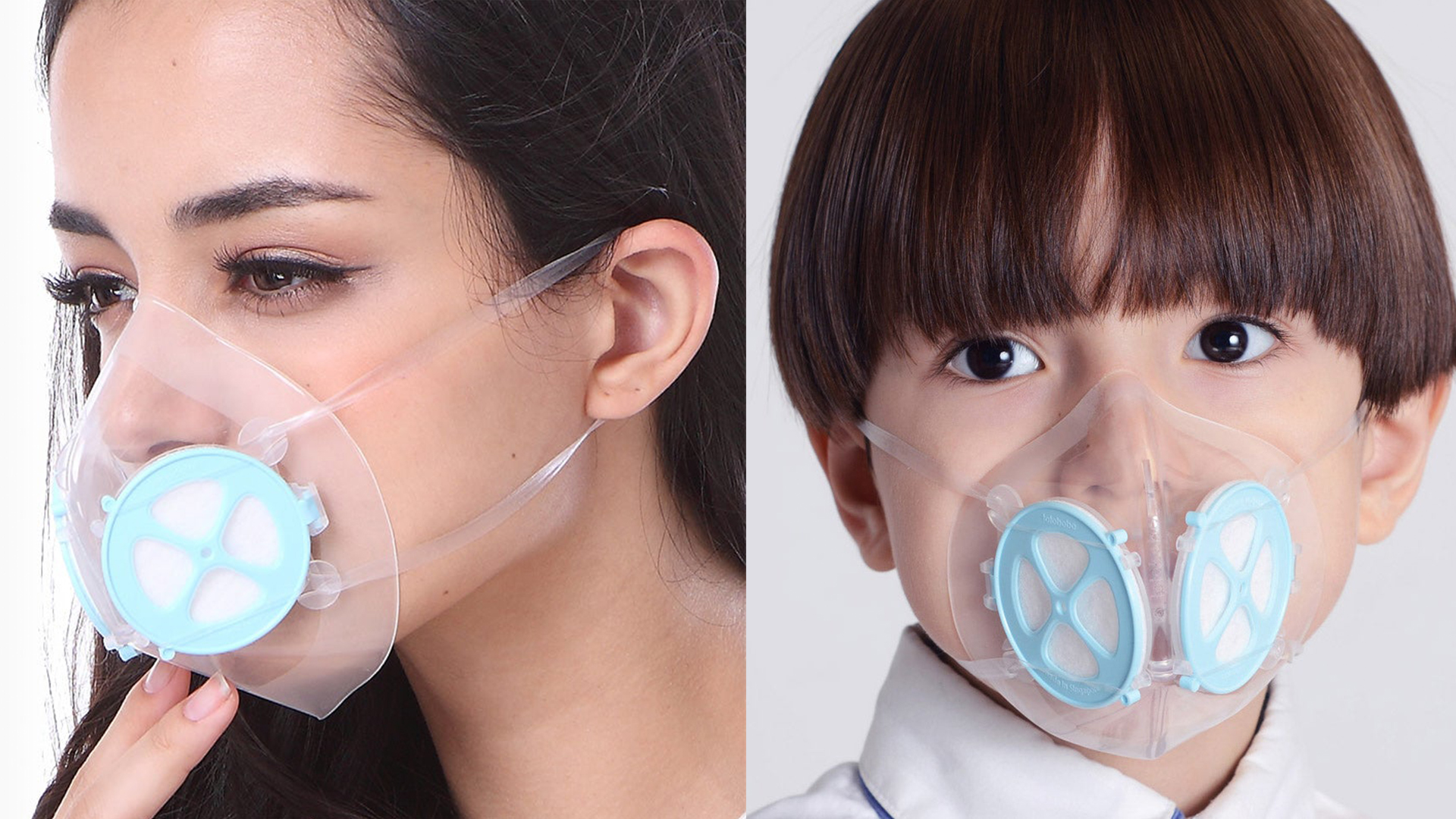
3. Totobobo
Home-grown brand Totobobo offers a reusable filter mask that is lighter and more comfortable to wear. The masks are specially designed to be trimmed by the wearer to ensure a perfect snug fit according to the face size, and allows the filters to be replaced regularly for optimum screening against the small airborne pollutant particles.
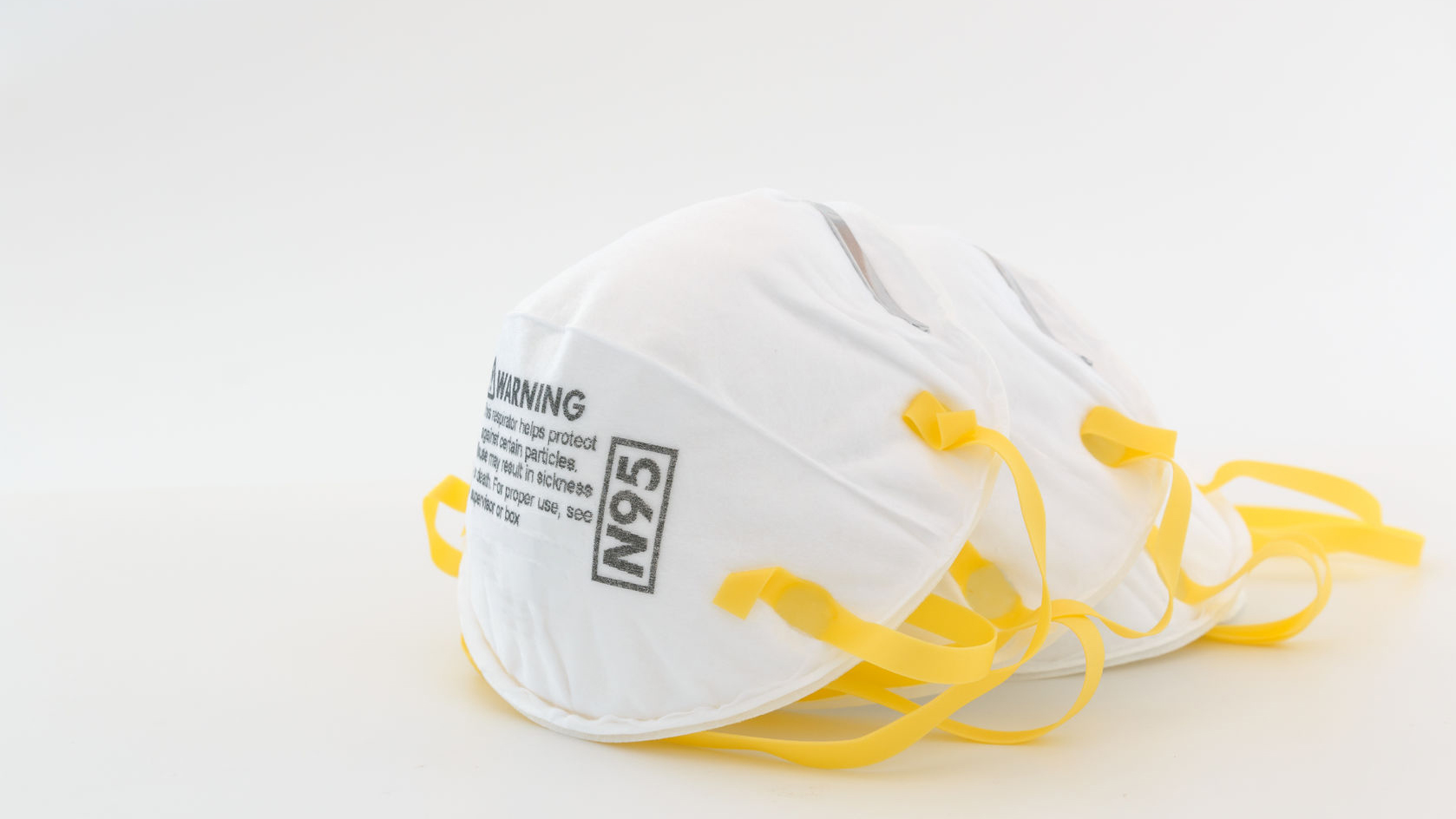
4. N95 masks / N95 respirators
N95 masks are specially designed respirators that have been proven to effectively filter out 95% of fine particles that are 2.5 microns or smaller, thus protecting users from breathing in airborne contaminants that can’t usually be seen with the naked eye.
However, the National Institute of Occupational Safety and Health approved disposable N95 masks are only effective when they are the right size for the face and are worn correctly. It is not a "one size fits all" solution at all, and each individual needs to be fitted properly so that the air breathed in goes through the filter and not the gaps between the mask and the face.
For the best fit, doctors recommend buying the N95masks with two straps over the back of the head, rather than just two loops over the ears, to ensure that the mask seals properly over the wearer's face. Children are recommended to use the special N95 mask for kids, AIR + Smart Mask for optimum protection.
Singapore's Ministry of Health has stated that the use of N95 masks increases the effort in breathing, which could lead to discomfort in breathing, tiredness or headache for some. Those with reduced lung volumes or breathing issues, and pregnant ladies in their 2nd or 3rd trimesters should consult a doctor about the use of N95 masks.
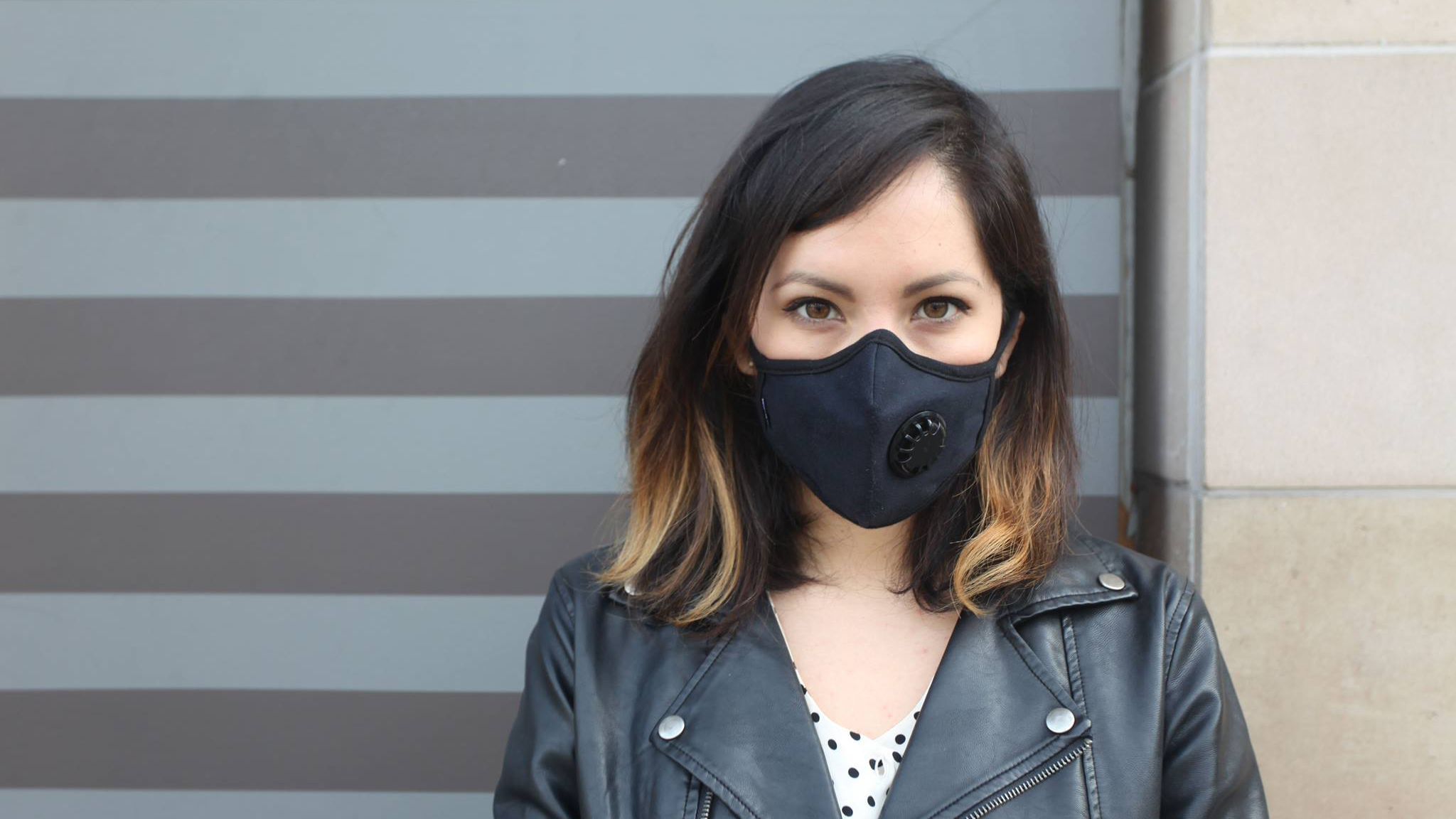
5. Vogmask
Vogmasks claim to be the world’s leading anti-pollution mask around the world and are sold in over 41 countries, including Singapore. Vogmasks provide re-usable, washable microfiber masks (from $43.90) that effectively absorb microscopic air pollutants like a sponge, and meet the US FDA 42 CFR Requirements for N99 rating.
For the latest updates on Wonderwall.sg, be sure to follow us on TikTok, Telegram, Instagram, and Facebook. If you have a story idea for us, email us at [email protected].







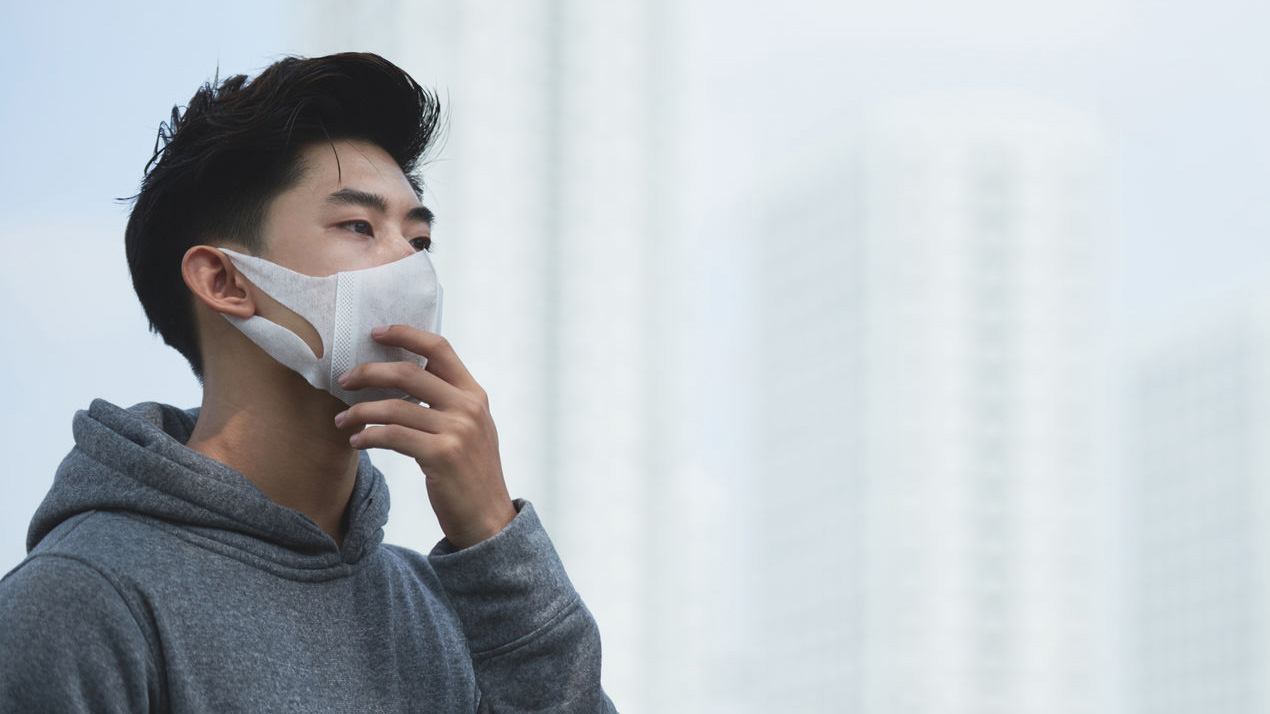


/eco_toys_rectangle.jpg?sfvrsn=a9a1d75a_1)
